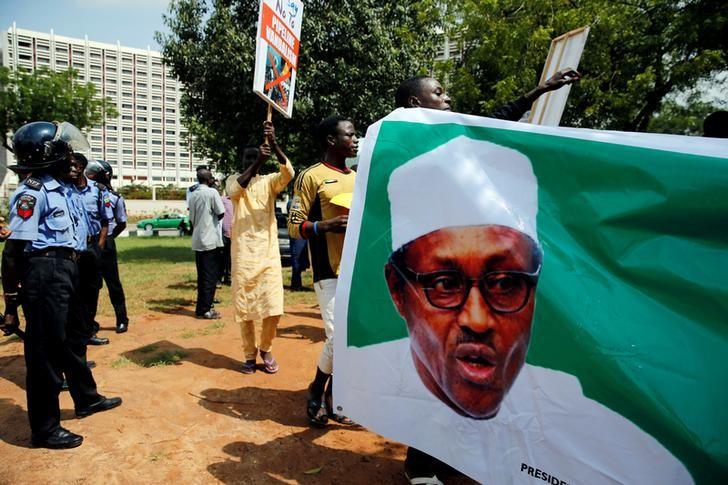
Nigerian unions threaten to resume strike unless government acts on minimum wage

Nigerian trade unions may resume a nationwide strike if the government fails to publicly agree to a proposed increase in the minimum wage and to set about putting it into law, three union federations said have said.
Unions suspended a national strike on its fourth day last month, saying the government had agreed to hold talks to discuss raising the minimum wage.
Three union umbrella groups said they would resume the strike next month if the government did not meet certain demands.
Unions had called for a rise in the monthly minimum wage to as much as 50,000 naira ($164) from 18,000 naira.
President Muhammadu Buhari has previously promised to review the minimum wage. His handling of the economy and the cost of living since he took office in 2015 has become a campaign issue used by his critics in the build-up to a presidential election scheduled for next February.
The Nigerian Labour Congress (NLC), Trade Union Congress (TUC), and United Labour Congress (ULC) said in a joint statement they had agreed to a compromise of a 30,000 naira minimum wage in talks with the government since halting the strike.
They accused the government of failing to disclose the agreement on a new minimum wage and said procedures should be launched to put the commitment into law.
“If nothing is responsibly done by the federal government to meet our demands, on … the 6th day of November, we shall embark on a nationwide strike to compel this government to show more sensitivity to the plight of Nigerians,” they said.
“We cannot continue discussing a figure that has already been agreed procedurally within the committee,” the unions said about the possibility of further talks.
NLC General Secretary Peter Ozo-Eson told Reuters in a later telephone interview that if unions resumed the strike, it would be indefinite until their demands were met.
Buhari’s vow to review the minimum wage followed a fuel price hike and currency devaluation in the last two years. Those measures were aimed at countering the effects of a global oil price plunge which in 2016 pushed Nigeria into its first recession in 25 years from which it emerged in 2017.






